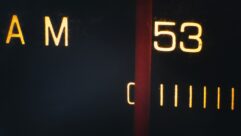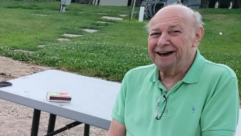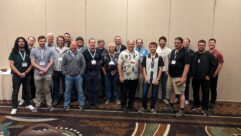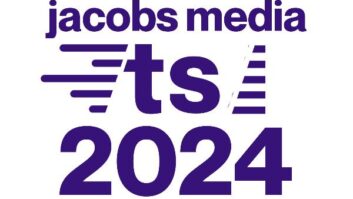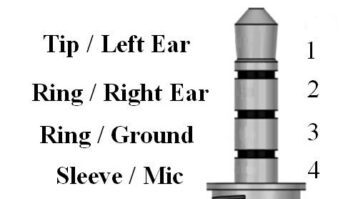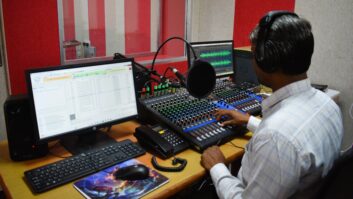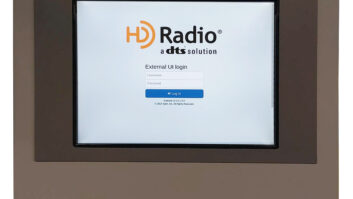“Broadcasters might want to hold off on the celebrations just yet.”
So says communications attorney Kevin Goldberg of Fletcher Heald & Hildreth, commenting on the “stay” issued this week by a federal judge in the suit brought by Mission Abstract Data against six big broadcast companies that use hard-disk automation storage systems.
Goldberg writes on the FHH blog; the law firm is not involved in the case. He said the court stay puts more focus on the separate ongoing Patent and Trademark Office reexamination, “arguably even more so now that the broadcast defendants have agreed to abide by the result of the PTO’s final decision.”
Mission Abstract Data believes broadcast companies are infringing on its patents. It sued seven, of which six remain as defendants: Beasley, CBS, Cumulus, Cox, Greater Media and Entercom. Dropped earlier from the suit was Townsquare Media. As RW has also documented, other radio stations have received solicitation letters from the company asking for payment of licensing fees based on the patents.
In October, as RW first reported, the U.S. Patent and Trademark Office rejected many, though not all, of MAD’s underlying patent claims, responding to a request for reexamination from manufacturer Broadcast Electronics. The federal court case now is on hold pending the final outcome of PTO reexaminations.
Goldberg believes radio owners should not celebrate prematurely. “While many figured that a stay in the Delaware infringement action would effectively resolve that litigation in favor of the defendant broadcasters (and secondarily kill off MAD’s efforts to extract licensing fees from the rest of the industry), we’re not convinced that you can read that much into the court’s opinion,” he wrote.
While broadcasters might have felt more pressure to settle given a trial date, the stay is “not the slam dunk that many expected.” In delaying trial, the judge didn’t focus on merits of the case, but on whether a stay would simplify things while being fair. The judge felt a delay was appropriate for a number of reasons. Five of the six patent claims at the heart of the lawsuit have now been have been rejected, so assuming those rejections hold up, the remaining claim (involving configuration of disk array storage) becomes the focus of a simplified lawsuit. Or, the case might become moot based on what the PTO does; or MAD’s claims might be modified.
Goldberg said the ongoing PTO reexamination is crucial, particularly because the broadcast defendants have agreed to abide by PTO’s final decision.
If MAD ends up with only one claim on which to base its case, Goldberg says the six broadcast groups will be in a good legal position — “not rock-solid (because MAD could theoretically still prevail on that one remaining claim), but certainly favorable.” But, he continues, if MAD can convince the patent examiners to reverse the initial rejection — which he calls a realistic possibility — “the broadcast defendants will have painted themselves into a corner.” He added that any such reversal is at least months away, if not longer, and further appeals could take years.
For now, “the initial PTO rejection of MAD’s patent claims looms like a big dark cloud over any claim that MAD could advance — in the Delaware litigation or in efforts to cajole broadcasters into signing license agreements now (in order, theoretically, to avoid getting sued by MAD).” Goldberg and his employer Fletcher Heald repeated their advice to stations to treat any contact from MAD “seriously but with considerable skepticism and caution.” As MAD itself told the court, the value of its patents is in serious question at this point, he noted.


